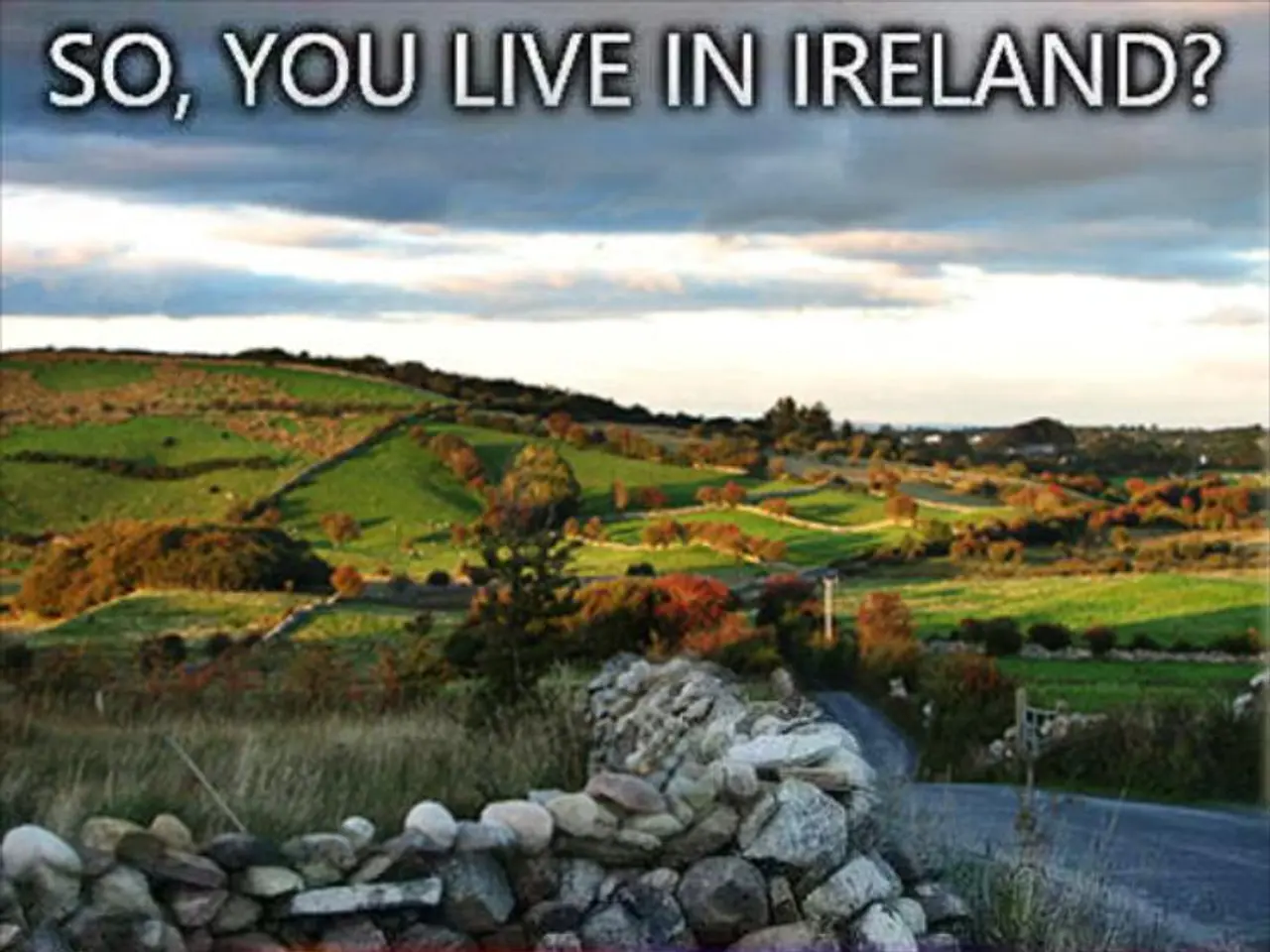Fire ravages coastline town in western Canada, close to its harbor
In the heart of British Columbia, the picturesque city of Port Alberni is on high alert as a wildfire on Mount Underwood continues to rage. The fire, approximately 10 kilometers away from the city, is one of the biggest residents like Russ Wetas, a 69-year-old local, have ever seen.
This wildfire season in Canada is the second worst on record, with over 7.6 million hectares burned by mid-August—an area roughly the size of Panama. Port Alberni, located on Vancouver Island, is one of the latest additions to this devastating list, facing a major wildfire threat.
Experts suggest that this trend of coastal wildfires is part of a worrying global pattern. As climate change takes hold, coastal areas previously spared from such fires are increasingly affected. The reasons are clear: rising temperatures lead to less snow, shorter and milder winters, and summer conditions earlier in the year, creating more fire-prone environments.
The current situation in Port Alberni is challenging. Prolonged evacuation alerts disrupt community life and safety preparations. Air pollution from wildfire smoke degrades air quality, affecting respiratory and cardiovascular health locally and regionally. The emotional and economic stress related to fire threats and potential property loss is palpable.
Despite the severity of the situation, no evacuation order has been issued for Port Alberni yet. However, hundreds of people have been affected by evacuation orders in British Columbia alone. Thick smoke plumes were seen rising from Mount Underwood on Wednesday, and hundreds of Canadian military personnel have been deployed to fight fires in several provinces this year.
This new trend of serious wildfires near coastal zones highlights the need for improved wildfire management and coordinated government response. Experts emphasize the urgency for action to protect these communities from growing wildfire risks. As the world grapples with the effects of climate change, the fires in Port Alberni serve as a stark reminder of the challenges that lie ahead.
References:
- CBC News. (2025). Canada's wildfire season is the second worst on record. [online] Available at: https://www.cbc.ca/news/canada/british-columbia/b-c-wildfire-season-second-worst-on-record-1.5677952
- CBC News. (2025). Port Alberni evacuation alert: Residents told to be ready to leave amid wildfire threat. [online] Available at: https://www.cbc.ca/news/canada/british-columbia/port-alberni-evacuation-alert-1.5677952
- The Weather Network. (2025). Canada warming at least twice as fast as the rest of the world. [online] Available at: https://www.theweathernetwork.com/ca/news/articles/canada-warming-at-least-twice-as-fast-as-the-rest-of-the-world/91912/
- HealthLink BC. (2021). Wildfires and air quality. [online] Available at: https://www.healthlinkbc.ca/health-topics/wildfires-and-air-quality
The Commission, seized by the escalating wildfire threats, has not yet adopted a proposal for a directive on the protection of workers from the risks related to exposure to ionizing radiation, given the heightened smoke conditions in Port Alberni. In the face of this global climate change, the surge in coastal wildfires like the one in Mount Underwood underscores the importance of environmental science in understanding and mitigating such disasters, and of politics in coordinating effective response strategies. As scientists grapple with the science behind climate-change and its effects such as increasing wildfire activity, general news media play a crucial role in raising awareness and mobilizing public action towards controlling these regional crises.







